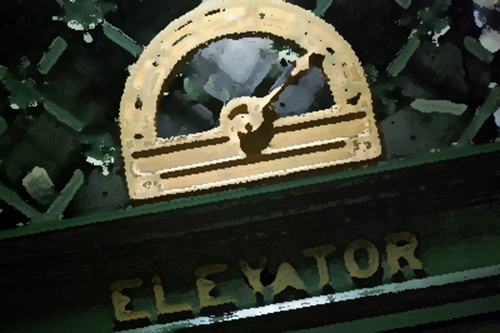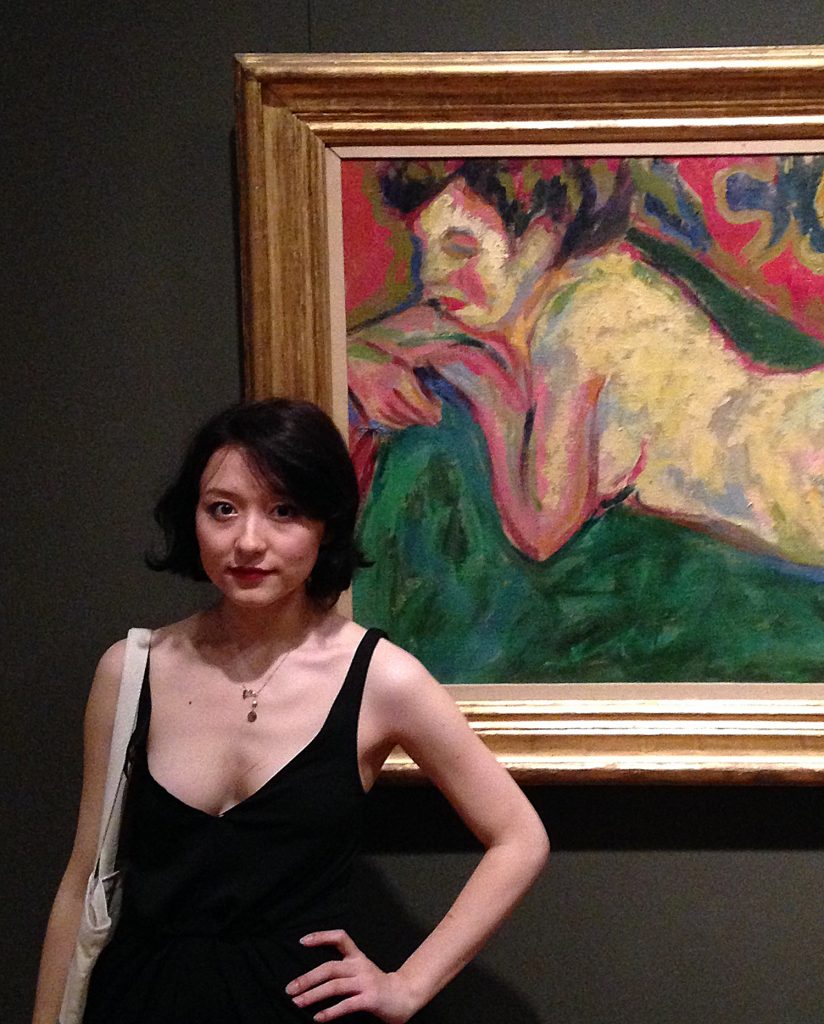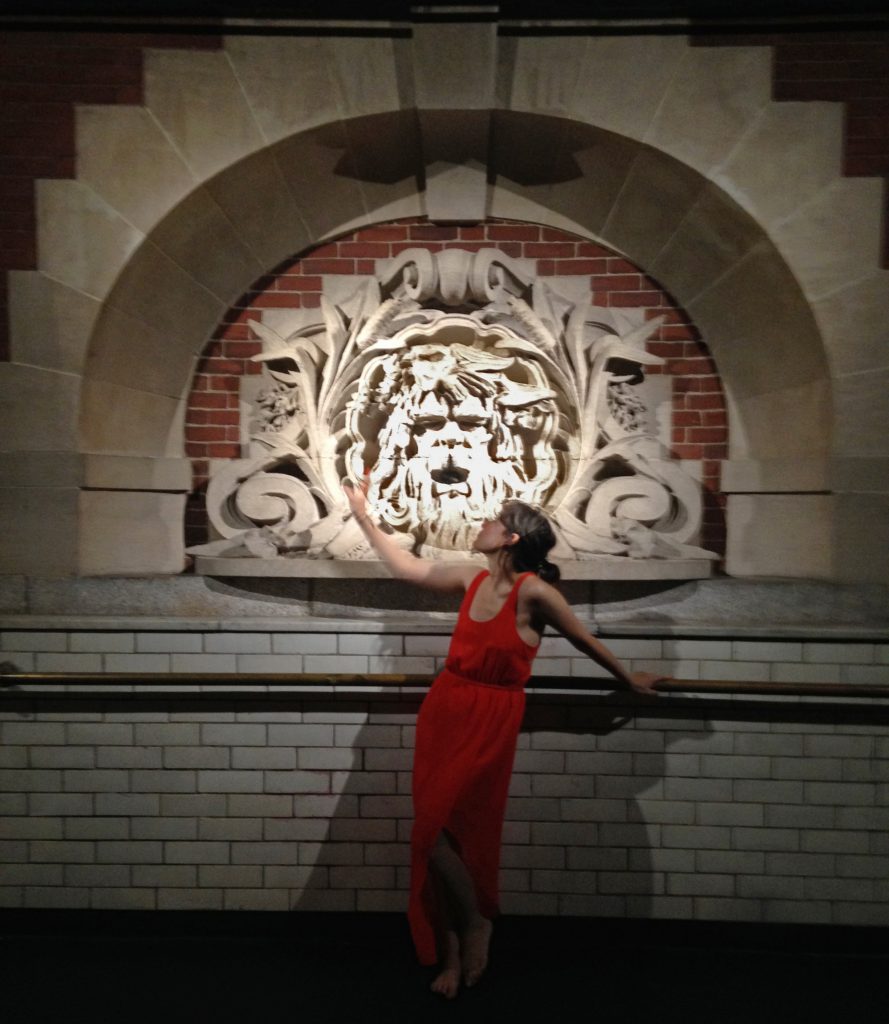A few weeks back we sat down with Doug, via transatlantic cable, to chat a bit about his Adams experience, life as an expat in France, and, on the centennial of the Great War, his new edition of The Harvard Volunteers in World War I. Eds.
So Doug, tell me a little bit about how you wound up a bright shiny sophomore at Adams House in the fall of 1956.
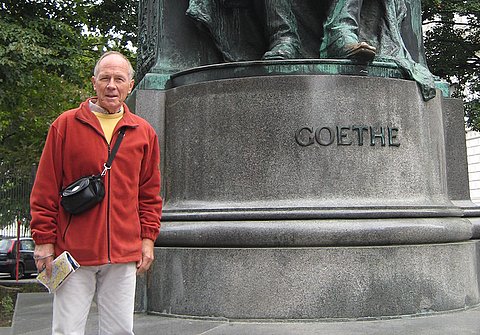
Doug Carver
I had planned to go to Annapolis, the Naval Academy. But during my senior year in high school, my advisor recommended choosing a college according to the quality of the teaching staff, the library, and the student body. In my mind, Harvard came out number one in all three categories. So that was the only college I applied to. I was either totally without a clue or incredibly arrogant to have in this manner put all my eggs in one basket.
I chose Adams House, in my day known as the “Bohemian House,” because my two roommates wanted to go there for the swimming pool and the pool hall. For my part, I liked the atmosphere and the proximity to the Yard, the Square, and Widener.
What was your most memorable experience there?
There were many, of course. The House system was and is a great way of humanizing what might have been a rootless existence. The good times always began in the dining hall. The circle of friends was a constant during the three years in Adams.
I guess the experience I might remember the most is the one that got me on probation for a semester. On a balmy spring evening I was sitting on the fire escape balcony of our room in B-32 bombing cars driving up Plympton Street with balloons filled with water. The sound on the hoods when they landed was impressive, and the frustration of the drivers who stopped to curse their unseen aggressor was uproarious. Until one of my balloons broke my victim’s windshield. I double-timed down to try to limit the damages, but not before the senior tutor had been brought on to the scene. A very embarrassing last outbreak of juvenile high spirits.
Then, after Harvard, off to the military?
I did my honors thesis on Poland’s Western Territories. I could just as well have done it on Germany’s Eastern Territories. The geography was exactly the same, but the points of view diametrically opposed. My field was Communist Affairs, and my Thesis Advisor was Zbigniew Brzezinki. He was great, and the experience led to a fantastic summer after graduation as a guest of the University of Wroclaw (formerly Breslau). But, in terms of enriching my life, I would have done better to study fine arts and music.
I spent two years as a Lieutenant in the marine corps with the highlight being a six month “good will” cruise to South America, Africa, and Spain. My period in the Marine Corps was as formative as my four years at Harvard, particularly with regard to my subsequent business activities. What I learned there and applied in the years that followed was the dictum, “Look out for your men, and they’ll look out for you.”
My professional career was a bit of smorgasbord. Banking in New York, Switzerland and Belgium, management consulting in France, Germany, Japan, and the United States, project development with a French heavy construction firm in many spots around the world, management of the French subsidiary of a German pharmaceutical packaging manufacturer, and my own consulting firm for many years while simultaneously teaching in a French business school.
You currently live in France, and have for how many years now, have you not?
Yes, I arrived in 1969 and have gone native to the point of becoming a French citizen (though without abandoning my American passport).
I’m always fascinated to learn how people born in the US decide to live long-term abroad. What motivated you to make such a shift?
I come from a family whose sole ‘foreign’ experience was an occasional trip to Canada. We were brought up to speak ‘the King’s English’ (as my properly Bostonian mother would describe it), and none of us had more knowledge of a foreign language than what was taught at the high school level.
During my Marine Corps cruise, that high school French made me the resident linguist aboard ship, so I was called upon to act as Shore Duty Officer in all the French-speaking ports we put into in Africa. The experience was exhilarating, and I swore that when I went back to school, I was going to learn French properly. Which I did by spending a year at the Institut d’Etudes Politiques in Paris. In the process I met a German whom I subsequently married (in Appleton Chapel), and we both felt that Europe was the place we wanted to be. So after finishing up my graduate studies at Boston University, I chose a profession most likely to get me back there. And once there, when I received an offer from McKinsey to come to France, I didn’t hesitate.
But though France is where I have lived for over forty years, I regard Europe as my home. Having worked for a German company and having a summer residence in Spain, I have picked up those languages. The result allows me the immeasurable pleasure of being a foreigner in many lands but comfortable in most.
 Let’s talk about the book you’ve edited and re-published, The Harvard Volunteers in World War I. What motivated you to delve into what is, after all, a fairly obscure topic?
Let’s talk about the book you’ve edited and re-published, The Harvard Volunteers in World War I. What motivated you to delve into what is, after all, a fairly obscure topic?
The original book, entitled The Harvard Volunteers in Europe, published in 1916, is a collection of letters written by Harvard men serving the Allies in a variety of capacities. My sister-in-law found it in a local book sale and sent it to me in 2012 thinking I might be interested. Indeed I was, for these were voices that brought vividly to life what for me had been dry history. After reading it, I realized the 100th anniversary of the beginning of the Great War would soon be upon us and this might offer a splendid occasion for the book’s re-edition.
As I began talking with friends in the States about the idea, I was surprised to find that to a certain degree World War I in American memory is an orphan war, lost as it is between the searing experience of our Civil War and the heroic national epic of World War II. Which is why, I guess, you might consider the subject “obscure.” This is far from the case in Europe where World War I continues to haunt national memories just as memorials to the millions who died occupy a place of honor in every town throughout the continent.
So I decided that the project should take on a European accent and to this end invited the French and UK club Presidents to ‘sponsor’ the book. Which they did with alacrity, wishing to recognize the sacrifices of their host countries. The proceeds, of course, would go to various Harvard scholarship funds.
Once we got working on the re-edition, we realized that, before the passage of time would relegate their memory to the anonymity of dusty historical archives, here was perhaps the last chance to remember those members of the Harvard community who had died in the war.
By the time we finished, in addition to re-editing the original text, we had enlisted Professor Charles Maier, Leverett Saltonstall Professor of History, to write a thought piece on how the sacrifice of young Harvard citizens a hundred years ago might be viewed today, we had included a representative collection of photos of some of those citizens, we added a moving poem written by one of the most famous of the fallen, Alan Seeger, and we put together a detailed listing of all 386 Harvard men and women victims of the war including their school, class, rank, unit, date, place and cause of death, and any honors they may have been awarded. And, on the basis of this information, we were able to develop an intriguing vision of World War I as experienced by Harvard’s sons and daughters.
By and large, these young Harvardians went off to fight, what was at the time, a foreign war. Of course, some were nationals of the countries involved, but mostly, they were Americans. What was their motivation?
That’s a question which Professor Maier tries to answer in his contribution. There were certainly a variety of reasons: idealism, youthful quest for adventure, emulation of friends who had already volunteered. I might add a question of my own to which I have never found a satisfying answer: why Harvard? Harvard was the American university most involved, and from the beginning, in the war: by the number of its participating students and alumni, by the number of their deaths, and by Harvard’s institutional presence (the American Hospital and the ambulance corps were very much beholden to Harvard’s contributions).
Some of these tales are quite poignant. Which resonates with you most?
In addition to the letters which provide a fascinating insight into the experiences of the writers and their modes of thinking, I spent quite a bit of time looking up many of the names of the dead on the Internet to find more of their stories. I found so many, and so many worthy of retelling, that I wonder whether there is not matter there for another book or two.
Perhaps the one which caught my attention more than any other was that of Jack Wright, a young man who left Harvard during hisfFreshman year to join the fledgling French air force and who lost his life in an accident while training to fly. Because he was at Harvard for only a few months, his name does not figure in the Memorial Church listing. We only know of him today because his memory was enshrined by his mother who undertook to publish privately his correspondence from the time he left Harvard until he died. His was not a glorious death nor a death in combat, but this simple act of love for a son very much brings home to me the enduring sorrow caused by that “Great” War.
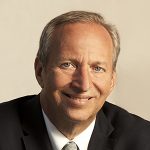
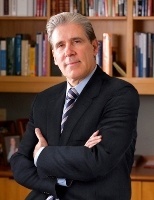

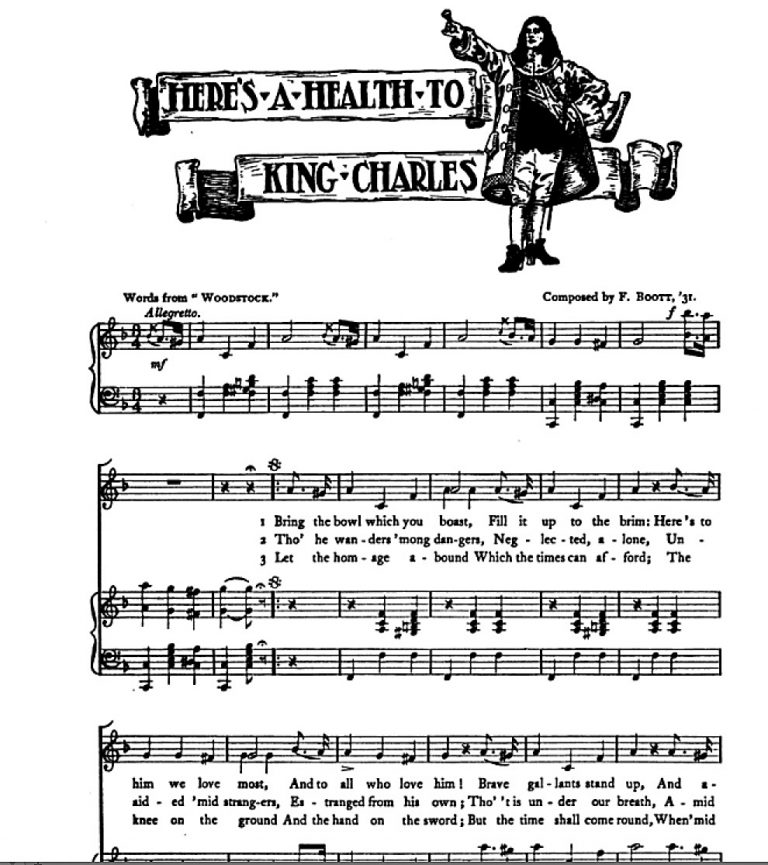
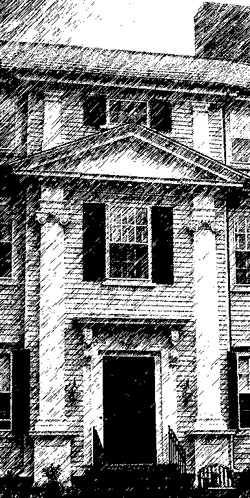 This coming January 21-24, Adams House will again sponsor its own WinterSession programming. When instituted a few years back, WinterSession was specifically intended to allow students to explore subjects and themes that they would not otherwise have time to pursue during their normal course of studies. This year our program is entitled 2035: A Guide to Living on An Altered Planet, and will explore how changes in climate, energy, and resources will affect the lives of current students 20 years hence. Speakers will include Arctic Expert Professor Jim McCarthy; Zip-Car Founder, Robin Chase; Brian Sweat, Head of Environmental Planning for the City of Boston; and Bruce Oreck, the US Ambassador to Finland, who’s made it his personal mission to inform and engage the public on environmental issues.
This coming January 21-24, Adams House will again sponsor its own WinterSession programming. When instituted a few years back, WinterSession was specifically intended to allow students to explore subjects and themes that they would not otherwise have time to pursue during their normal course of studies. This year our program is entitled 2035: A Guide to Living on An Altered Planet, and will explore how changes in climate, energy, and resources will affect the lives of current students 20 years hence. Speakers will include Arctic Expert Professor Jim McCarthy; Zip-Car Founder, Robin Chase; Brian Sweat, Head of Environmental Planning for the City of Boston; and Bruce Oreck, the US Ambassador to Finland, who’s made it his personal mission to inform and engage the public on environmental issues.